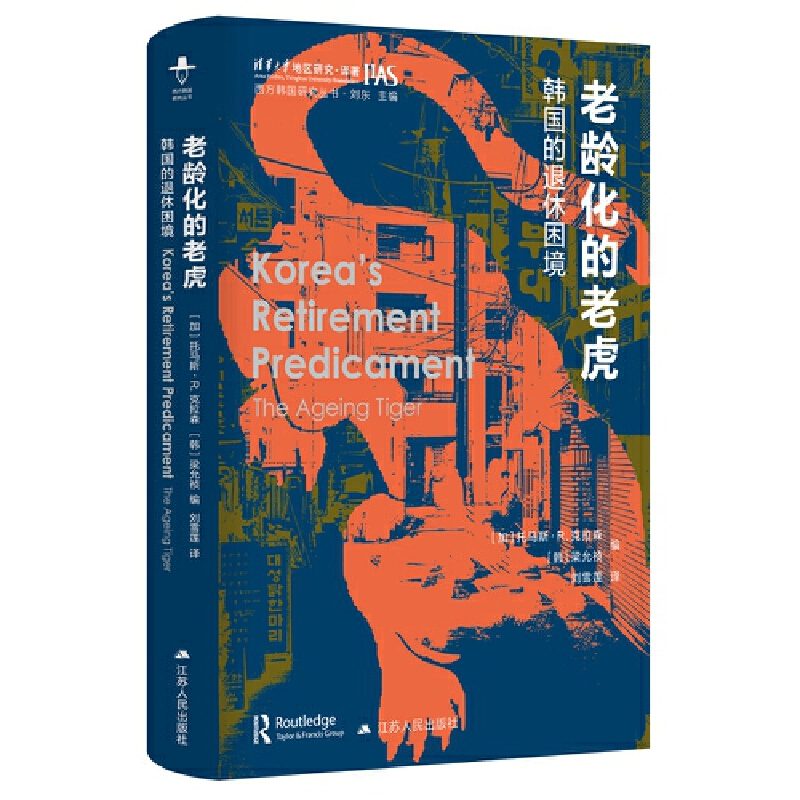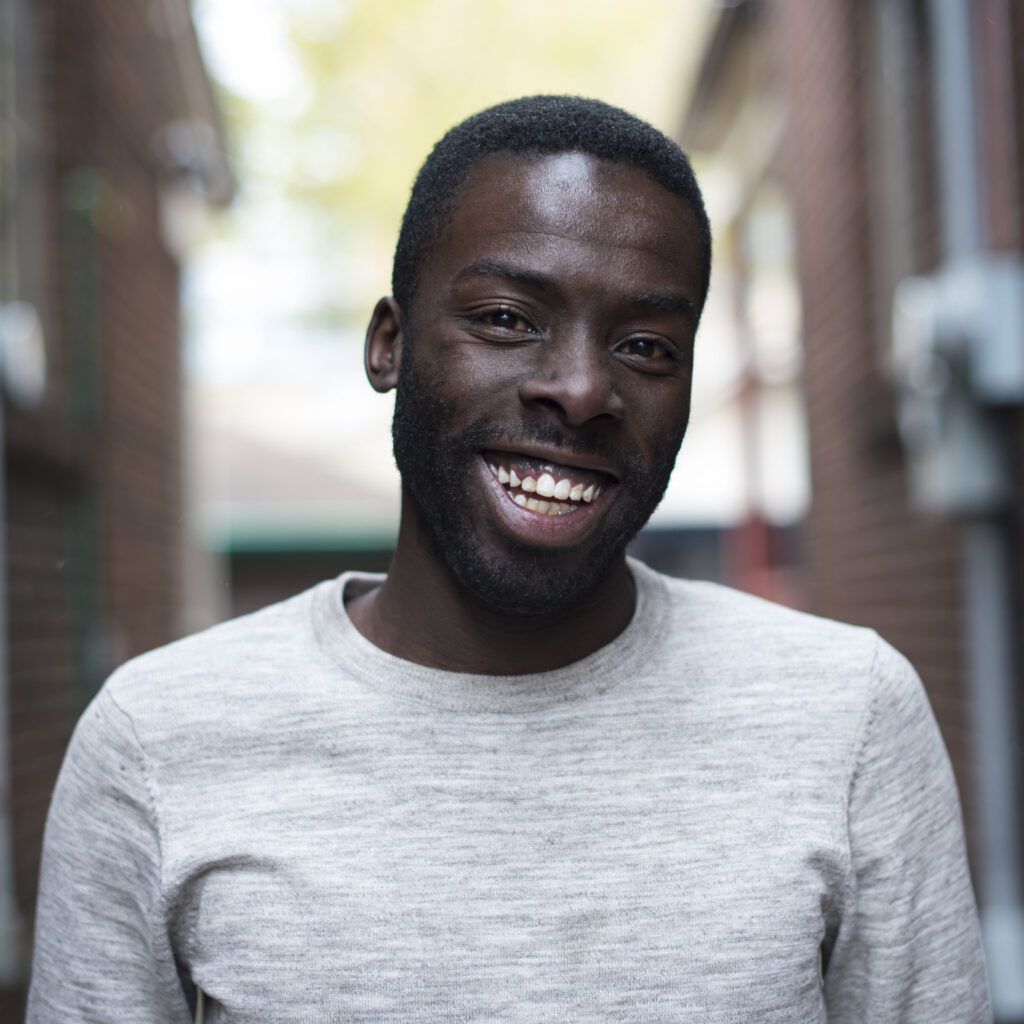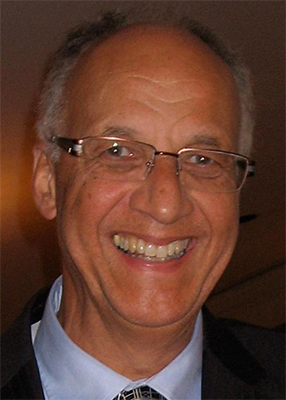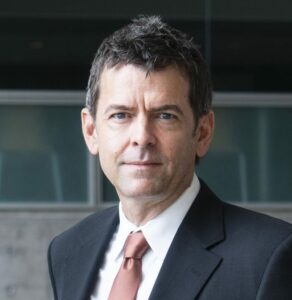Bergeron Market, located in the Bergeron Centre for Engineering Excellence, has received a certification endorsed by the National Celiac Association that recognizes it as York University’s only certified gluten-free dining facility.
The certification means that every product available at the market is carefully sourced, prepared and processed to avoid cross-contamination risks associated with gluten. This assurance plays a vital role in promoting healthy eating habits and overall well-being for those who need to follow a gluten-free diet, allowing them the confidence to dine safely.

“This marks a significant stride towards sustainable nutrition, addressing United Nations Sustainable Development Goals for Good Health and Well-being,” says Dahlia Abou El Hassan, York’s registered dietitian. “This certification of Bergeron not only embraces diversity but also caters to a range of dietary needs, demonstrating the YU Eats commitment to inclusivity and actively supporting the health of our community.”
The availability of gluten-free products at Bergeron Market has significantly expanded over the years, providing a wide range of options to meet diverse dietary needs. From fresh produce and snacks to baked goods and fresh meals, diners have access to a comprehensive selection of gluten-free products right on campus.
“To enhance accessibility to freshly made gluten-free options for the wider community, Bergeron’s team has started to prepare and package gluten-free foods as convenient grab-and-go items. These are now available for sale in cafeterias across the campus” says Tom Watt, director of Food & Vending Services.
Beth Gallagher, a community member with a gluten intolerance, says she is “delighted to have a certified gluten-free food provider on campus – it’s not just a meal, it’s peace of mind. Certification ensures I can enjoy every bite without worry, making campus dining a safer and happier experience. Recognizing the importance of diverse food options, especially for those with allergies, brings inclusivity to the table.”
Come try it for yourself. The market is open Monday to Thursday, 8 a.m. to 7 p.m, and Friday from 8 a.m. to 5 p.m.























